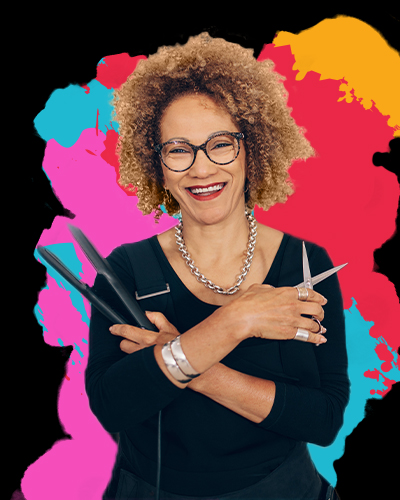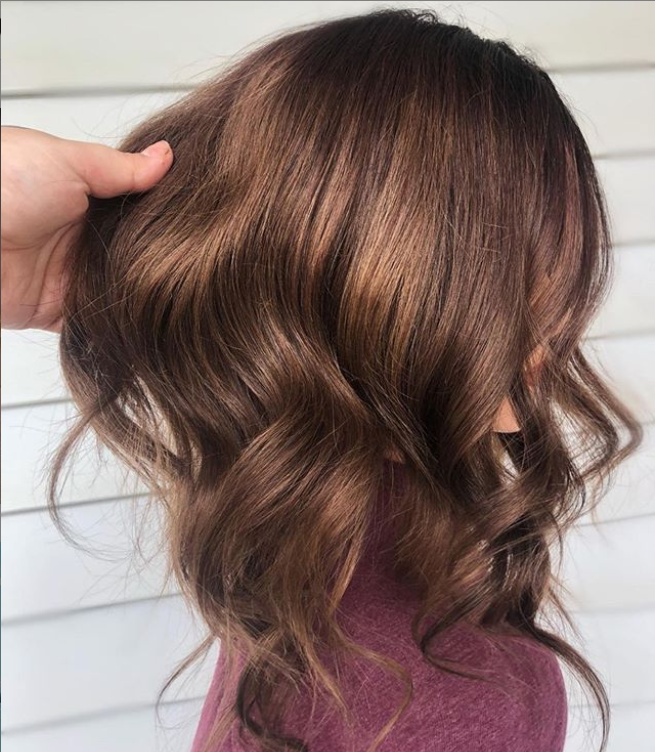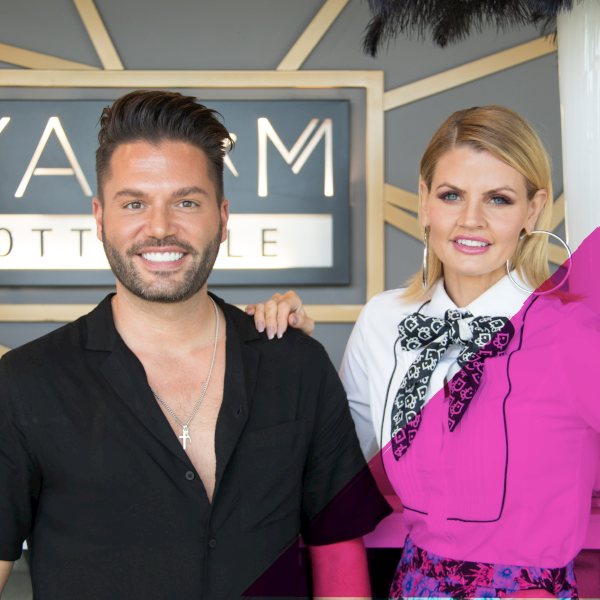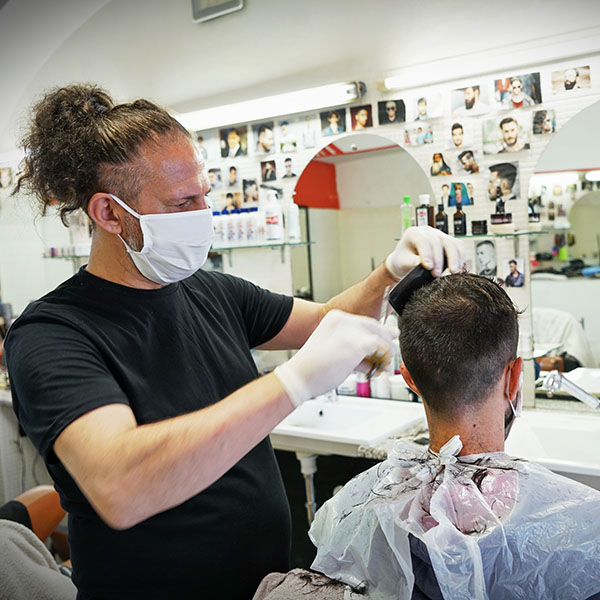If working at the Professional Beauty Association has taught me anything, it’s the many challenges that beauty professionals face each and every day. From dishonest business practices, to a lack of health and safety enforcement, to state law makers undermining regulations that protect consumers… these serious issues on top of trying to communicate to consumers who don’t understand the importance of education and licensing behind professional beauty careers.
There is a hidden, underground economy lurking behind our industry that’s fueled by unlicensed individuals providing beauty services. These individuals have the potential to seriously harm clients who don’t know any better. From haircuts to manicures and pedicures, facials and chemical peels, these unlicensed practitioners provide services without the proper education, training and proof of their professional status.
Another scary element of this reality is that third-party booking services don’t vet the professional status of those who promote these beauty services… which allows unsuspecting clients to book services in their homes, hotels and other public places without understanding the risk of hiring an unlicensed professional.
Beauty consumers have a right to know if their service provider is legitimate and licensed, or someone pretending to be a professional. There are very serious health and safety consequences that come when hiring an unlicensed beauty provider to perform services involving sharp tools and potentially harmful chemicals.
The Beauty Industry consistently faces legislation calling for review of cosmetology professions. Each state in the U.S. regulates cosmetology and there are laws in place to protect consumers. So, who enforces these cosmetology regulations, licenses and education? State boards! State boards are in place to protect consumers and regulate the industry. These boards require that professionals receive education, pass exams and are licensed. State inspectors report violations to their board, which may rely on the state’s attorney office to enforce fines or charges against unlicensed individuals. However, it is often a daunting and difficult task to find unlicensed practitioners, leaving the boards limited in their ability to enforce their authority.
Rather than complaining about these issues, we as an industry have the power to come together and overcome these challenges: to expose the damaging and unethical “underground” beauty industry and to educate clients on the importance of hiring licensed professionals for beauty services.
Consumers don’t always know that becoming a licensed professional requires hundreds of hours of education and training and passing state-regulated exams. These measures are in place in order to protect clients from harm! This information, when shared, will change consumers’ opinions and perceptions of the industry and will boost their confidence in your expertise.
It’s time to defend this great industry and this starts with simple conversations. Learn more about how you can become an Industry Advocate at probeauty.org/advocacy.



